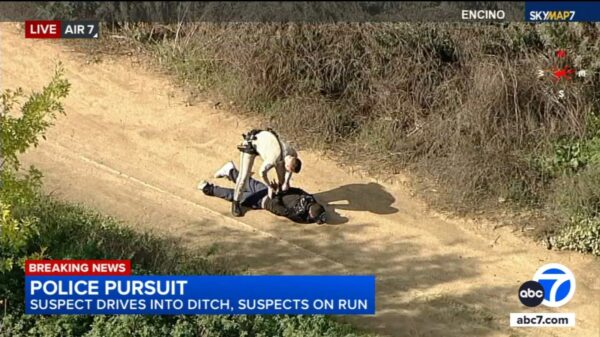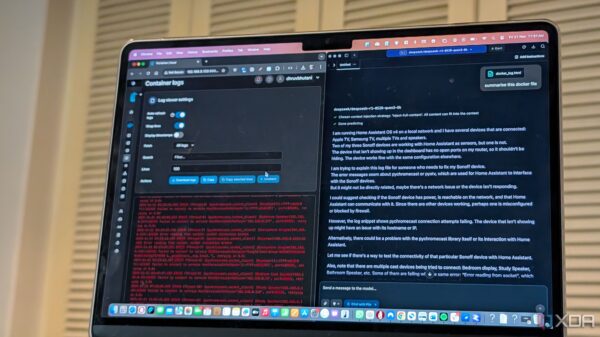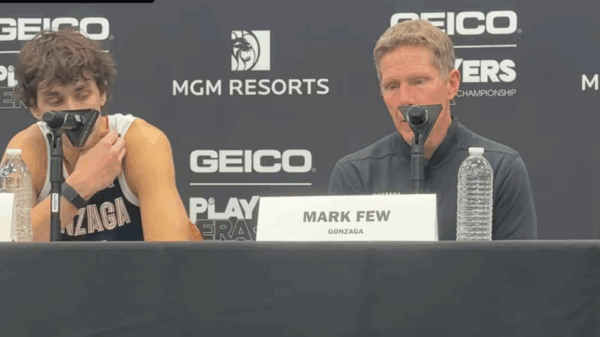U.S. Senator Amy Klobuchar has publicly denied making inappropriate comments about actress Sydney Sweeney after a viral deepfake video surfaced online. The clip, which misrepresented Klobuchar during a Senate Judiciary subcommittee meeting, purportedly showed her criticizing Sweeney’s collaboration with American Eagle for a new jeans advertisement.
In her official statement, Klobuchar explained that the video was a product of artificial intelligence manipulation. “The A.I. deepfake featured me using the phrase ‘perfect t—–s’ and lamenting that Democrats were ‘too fat to wear jeans or too ugly to go outside,’” she said in an interview with the New York Times. She recognized the video as a fake almost immediately, noting how convincingly it was made, despite the obvious distortions.
The deepfake portrayed the Senator making disparaging remarks about Sweeney’s ad campaign, suggesting that if Republicans featured attractive women in their advertisements, Democrats should similarly showcase less conventional figures. The clip featured a digitally altered Klobuchar saying, “We want ugly, fat b—–s wearing pink wigs and long-ass fake nails being loud and twerking on top of a cop car at a Waffle House because they didn’t get extra ketchup.”
Following the incident, Klobuchar called for legislative action to combat the spread of such deceptive content. She proposed an act that would empower individuals to demand the removal of deepfake material that misuses their likeness or voice from social media platforms. This legislation would include exceptions for content protected by the First Amendment.
Klobuchar’s response highlights a growing concern over the use of deepfake technology and its potential to distort public perception. As technology continues to evolve, lawmakers are increasingly aware of the need to address the implications of such advancements on privacy and free speech.
The incident serves as a reminder of the challenges posed by deepfakes, not only for public figures like Klobuchar and Sweeney but also for the broader public. As misinformation becomes easier to fabricate, the demand for clear policies and protective measures grows stronger.



































































